Handbook of Seafood: Quality and Safety Maintenance and Applications
Seafood and related products have an important place in the human diet; it provides for the protein needed and has a nutritional composition that has favorable health impacts on human beings. Considering the rapid increase in the world population and the demand in terms of protein needs that are provided by seafood, the necessary need to assure the quality and safety of seafood products has been prioritized. Due to nutritional composition, neutral pH, high moisture content, weak connective tissue and living environment (fresh and seawater), seafood is very perishable. Maintaining the quality and safety of seafood needs higher attention compared to other food products. This handbook compiles recent methods and applications, as well as technologies utilized to guarantee the quality and safety of various types of seafood from harvesting to the retail level. The status of emerging and hurdle technology applications, genomic, mathematical and computer-based methods, quality economics together with chemical, sensory and microbiological changes, and quality/safety of seafood products are reviewed and discussed in this book. The emphasis on less-known or under-valued species from different locales was intentional. This handbook is an abridged, streamlined but relatively comprehensive reference for food engineers and technologists, producers from the industry, and undergraduate and graduate students studying this field of academia.Target Audience:Undergraduate and graduate students from the departments of Food/seafoodEngineers and technicians from food industryAcademicians from the institutes and universities whose research interests lie on determination of seafood quality and safety
{{comment.content}}
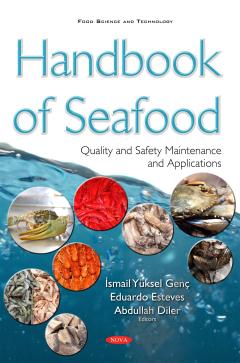
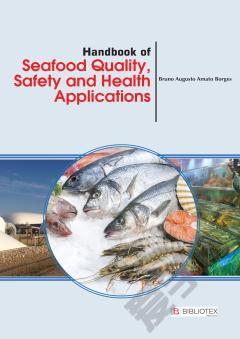
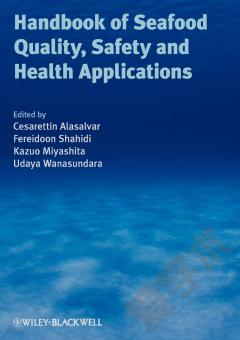
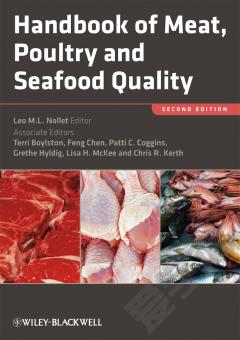
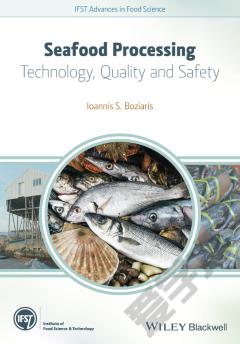
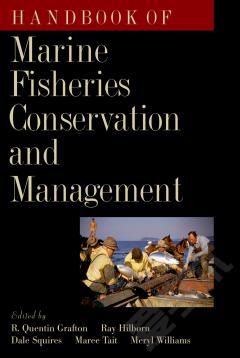
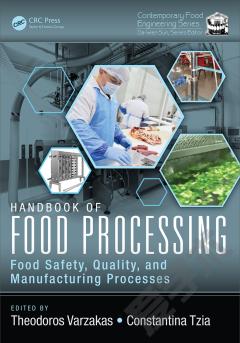

 京公网安备 11010802027623号
京公网安备 11010802027623号